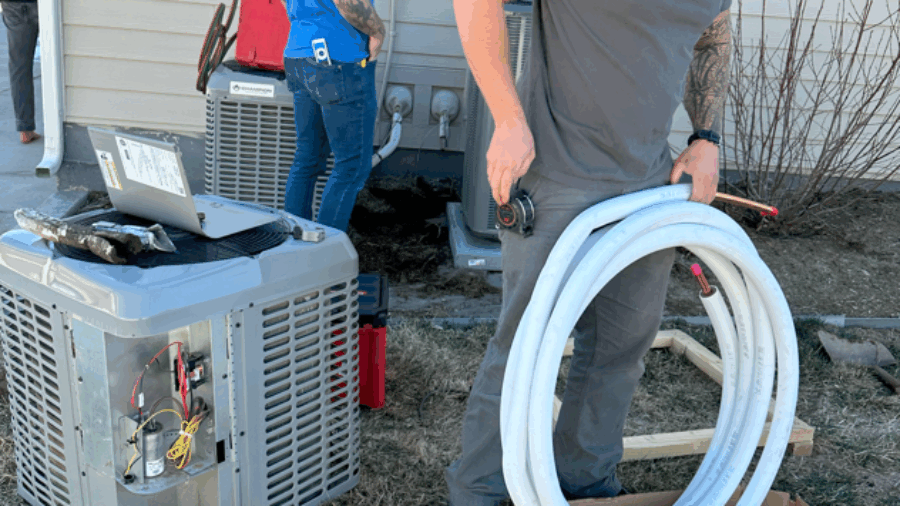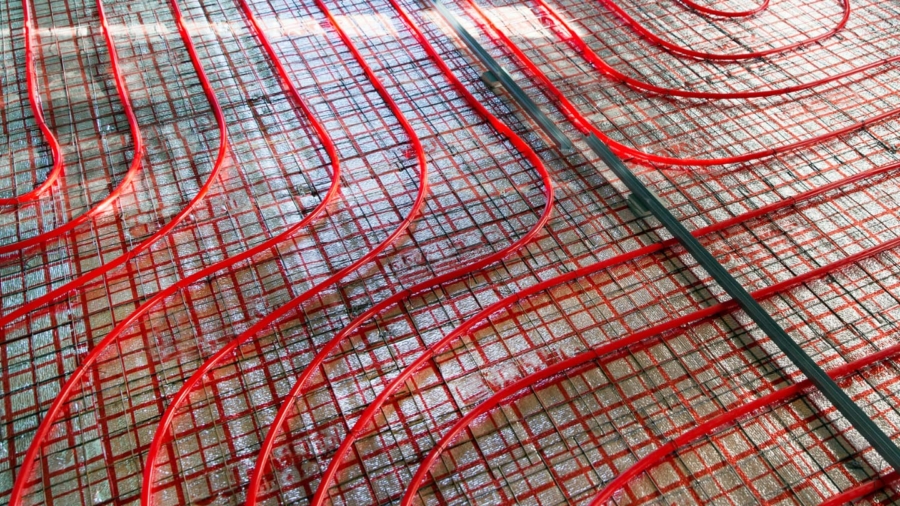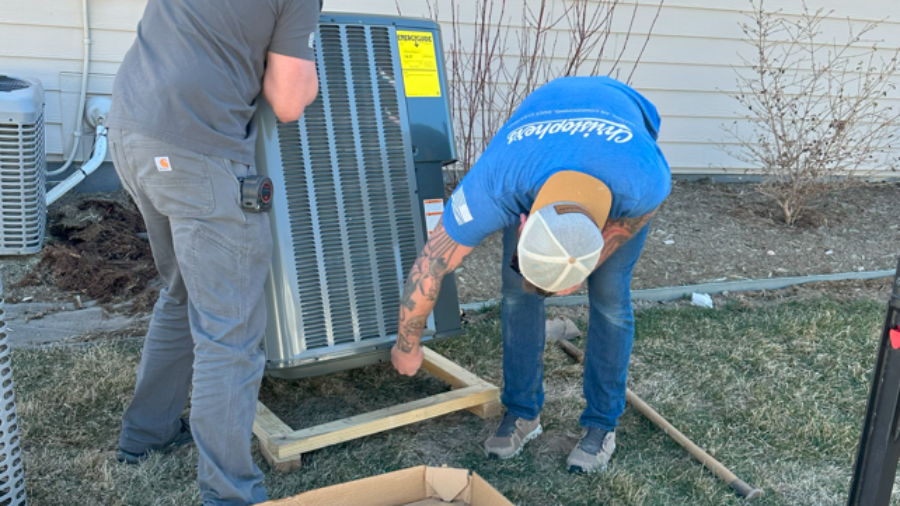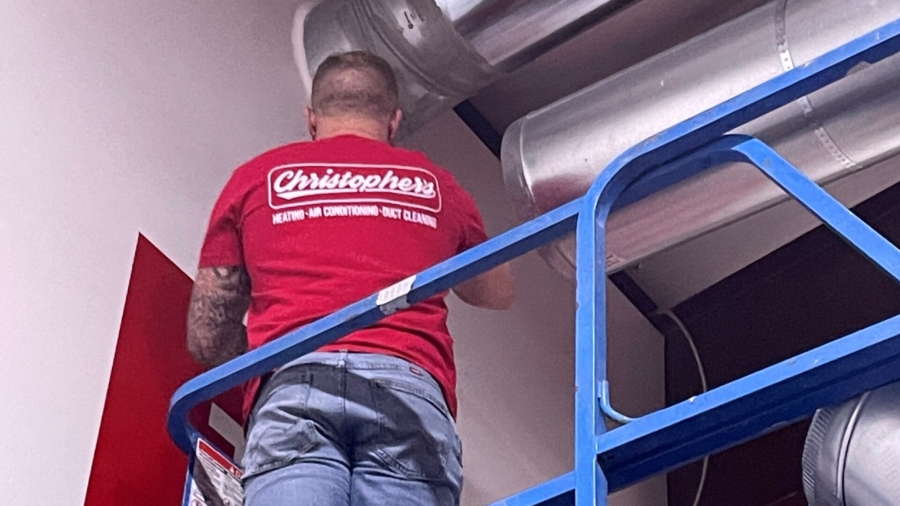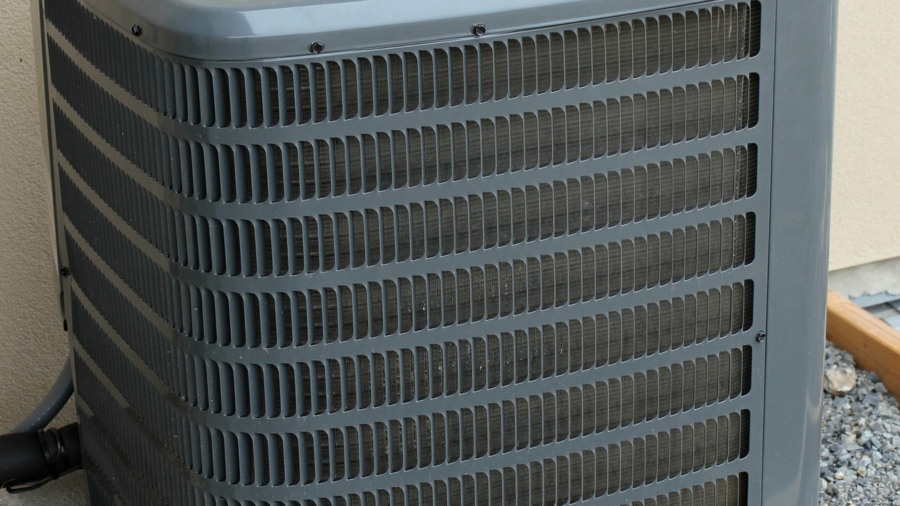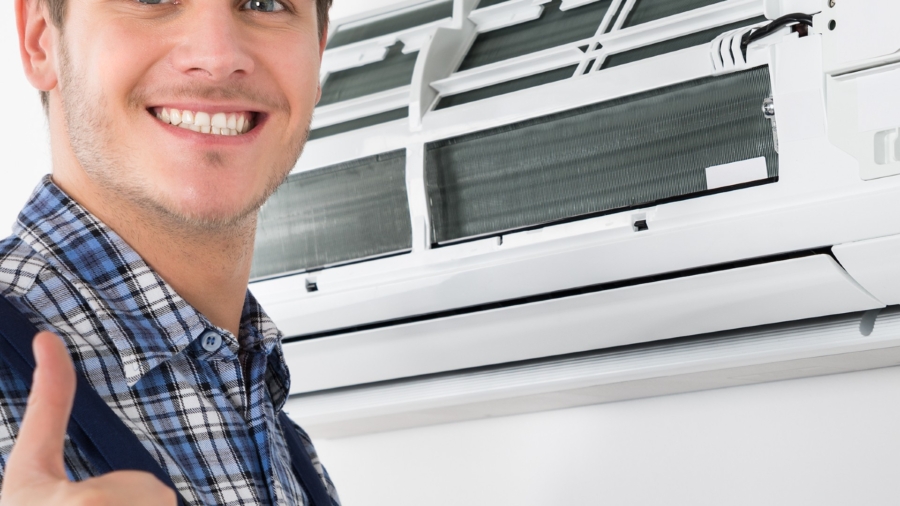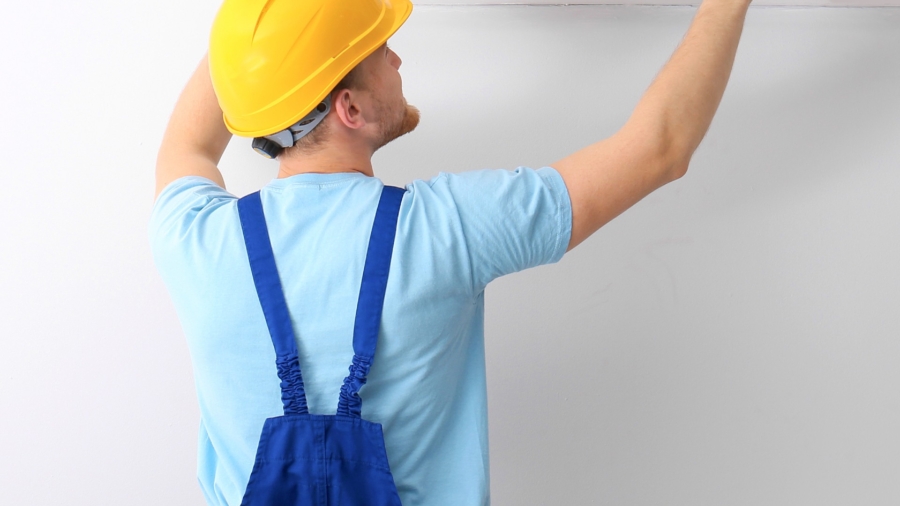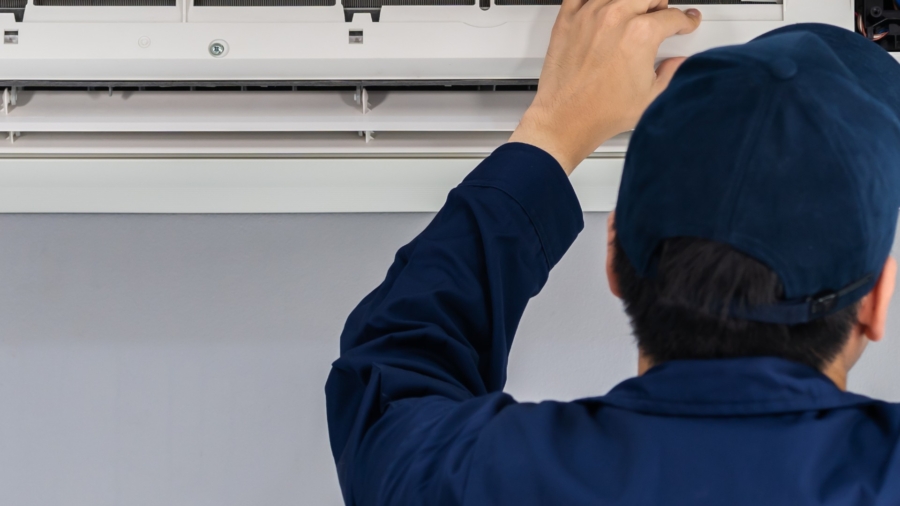When the summer heat hits Loveland, your home’s air conditioning system becomes more than a luxury—it’s essential to your family’s comfort, safety, and energy efficiency. But with so many options available, how do you know which home air conditioner is the best fit for your climate, space, and budget?
At Christopher’s Heating and Cooling, we’ve helped homeowners across Northern Colorado choose reliable, energy-efficient HVAC systems tailored to their homes for over two decades. In this guide, we’ll walk you through the most important factors to consider when selecting the right cooling system for your Loveland home—without the confusion.
Understanding Your AC Options
Central Air Conditioning
A central air conditioning system cools your entire home through a network of ductwork, using a condenser, compressor, evaporator, and air handler. If your home already has central heating with a compatible furnace, this system may be a seamless upgrade.
- Works well in homes with good building insulation
- Delivers even airflow throughout multiple rooms
- Often paired with a programmable thermostat or smart thermostat for added control
- Best suited for homes over 1,500 square feet
Ductless Mini Split AC
A ductless air conditioner (or mini split air conditioner) offers zoned cooling without requiring ductwork. These systems are ideal for homes with attic additions, finished basements, or rooms that are difficult to cool with traditional systems.
- Individual wall-mounted units control temperatures in specific rooms
- Energy-efficient and perfect for environmentally friendly cooling
- Quiet operation with minimal noise from centrifugal fans
Heat Pumps
An air source heat pump offers both heating and cooling, using the heat pump and refrigeration cycle to transfer heat in or out of the home depending on the season.
- Can serve as both your heating system and air conditioner
- Works best in moderate climates like Loveland’s
- May be eligible for renewable energy incentives or utility rebates
Key Factors to Consider
1. Cooling Capacity & Efficiency
- Cooling systems are typically sized in tons, with one ton equating to 12,000 British Thermal Units (BTU) of cooling power. Oversized or undersized systems waste energy and can affect comfort.
- Choose a system with the right cooling load for your home’s square footage, floorplan, and sun exposure
- Look for Energy Star certified systems to ensure reduced energy consumption
- A higher SEER rating generally means better efficiency and lower operating costs
2. Indoor Air Quality & Humidity Control
- Air conditioning does more than lower temperature—it improves indoor air quality by controlling humidity and filtering pollutants.
- Systems with integrated dehumidifiers, air filters, and ventilation reduce airborne moisture and allergens
- Consider installing a UV light or air purifier to improve overall indoor air health
3. Space & Layout
- Central air is ideal for homes with existing ductwork, while mini split AC systems are better for retrofits, additions, or rooms with unique cooling needs.
- Portable air conditioning units and evaporative coolers are best for short-term solutions or smaller spaces.
Smart Features & Comfort Add-Ons
Today’s HVAC systems offer a range of modern technology that increases comfort and performance:
- Smart thermostats allow for scheduling, remote control, and energy tracking
- Variable speed compressors offer quieter operation and more consistent indoor temperatures
- Thermal expansion valves and optimized heat exchangers help improve heat transfer and system longevity
- Pair your new system with ceiling fans, efficient window treatments, and proper roof ventilation to enhance overall performance and reduce utility bills.
FAQ: Choosing an Air Conditioning System in Loveland
1. How do I calculate the right cooling capacity for my home?
A professional HVAC contractor will perform a cooling load analysis based on square footage, insulation levels, number of windows, and local climate.
2. Are mini split systems more efficient than central air?
Yes—mini split air conditioners are often more energy-efficient because they eliminate duct losses and use inverter technology to maintain steady temperatures.
3. What’s the average lifespan of an air conditioning unit?
Most air conditioners last 12–15 years with regular maintenance. Proper care of components like the compressor, valve, and pipe connections extends lifespan.
4. Can I use a heat pump for both heating and cooling in Colorado?
Yes—heat pumps are a great solution for homes in Loveland’s climate. Pairing them with electric heating or natural gas backups ensures year-round comfort.
6. Do rebates or tax incentives apply to new AC systems?
Yes. Utility providers and government programs often offer tax credits and rebates for installing Energy Star and renewable energy-certified equipment.
Work With Loveland’s Trusted HVAC Professionals
Choosing the right air conditioning system is a major investment—but you don’t have to make the decision alone. At Christopher’s Heating and Cooling, our certified HVAC technicians guide you through every step: from system selection and energy calculations to installation, drainage solutions, and post-install maintenance.
We’re proud to serve Loveland and surrounding areas with top-tier customer service, industry-leading technology, and licensed support for HVAC needs.
Contact us today to schedule your consultation or ask about the best system for your Loveland home. With Christopher’s, you get the perfect balance of comfort, performance, and long-term savings.

